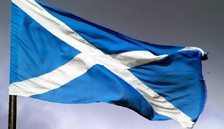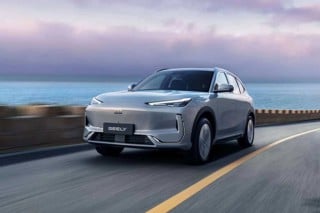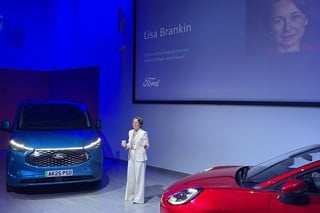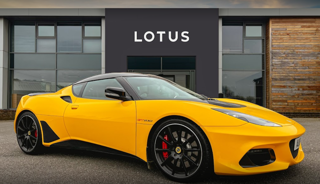A group legal action against Nissan and Renault over alleged diesel emissions manipulation has been given the green light by Scotland’s Inner House, despite efforts by the car makers to block the case.
The Court of Session’s Inner House has refused an appeal by Nissan companies that sought to prevent the case from progressing, affirming an earlier decision by the Outer House which allowed the action to proceed.
The legal challenge centres on claims that Nissan and Renault deliberately used defeat devices in diesel vehicles to pass emissions tests, potentially misleading customers by asserting the vehicles complied with UK and EU environmental standards.
The lawsuit accuses the manufacturers of fraudulent behaviour affecting roughly 8,500 claimants who say they suffered financial losses when the alleged misconduct came to light.
Joseph Mackay, acting on behalf of the group, applied to be appointed as the representative party and to bring group proceedings - a mechanism available under Scottish civil procedure reforms designed to streamline mass claims. Both applications were granted by the Outer House last year.
Nissan challenged the decision, arguing that Mackay was not a suitable representative and that the case failed to meet legal thresholds for group action. They claimed the proposed proceedings lacked efficiency, offered no realistic prospect of success, and failed to establish that the issues were sufficiently similar across the group.
However, the Inner House - comprising the Lord President, Lord Pentland, along with Lady Wise and Lord Clark - rejected all grounds of appeal. The judges ruled there was “no basis” to interfere with the lower court’s decision, stating the claims shared similar legal and factual foundations, and the group action format was the most appropriate and efficient route.
Significantly, reports Scottish Legal News, the court noted that under Scottish group litigation rules, claims need not be identical - only similar or related - and noted that the case carries a realistic chance of success.
Last year, the High Court ruled against Mercedes-Benz in the ongoing 'dieselgate' legal action. The court rejected the manufacturer's argument that a decision of the German regulator Kraftfahrt-Bundesamt (KBA) should prevent claims in the UK.
Mercedes-Benz had argued that KBA’s ruling, which addressed whether its cars contained illegal defeat devices, should apply in England and Wales, effectively shielding the company from litigation there.
In 2022, Volkswagen Group settled a UK dieselgate litigation comprised of over 70,000 claimants with the payment of a £193 million out of court settlement.




















Login to comment
Comments
No comments have been made yet.